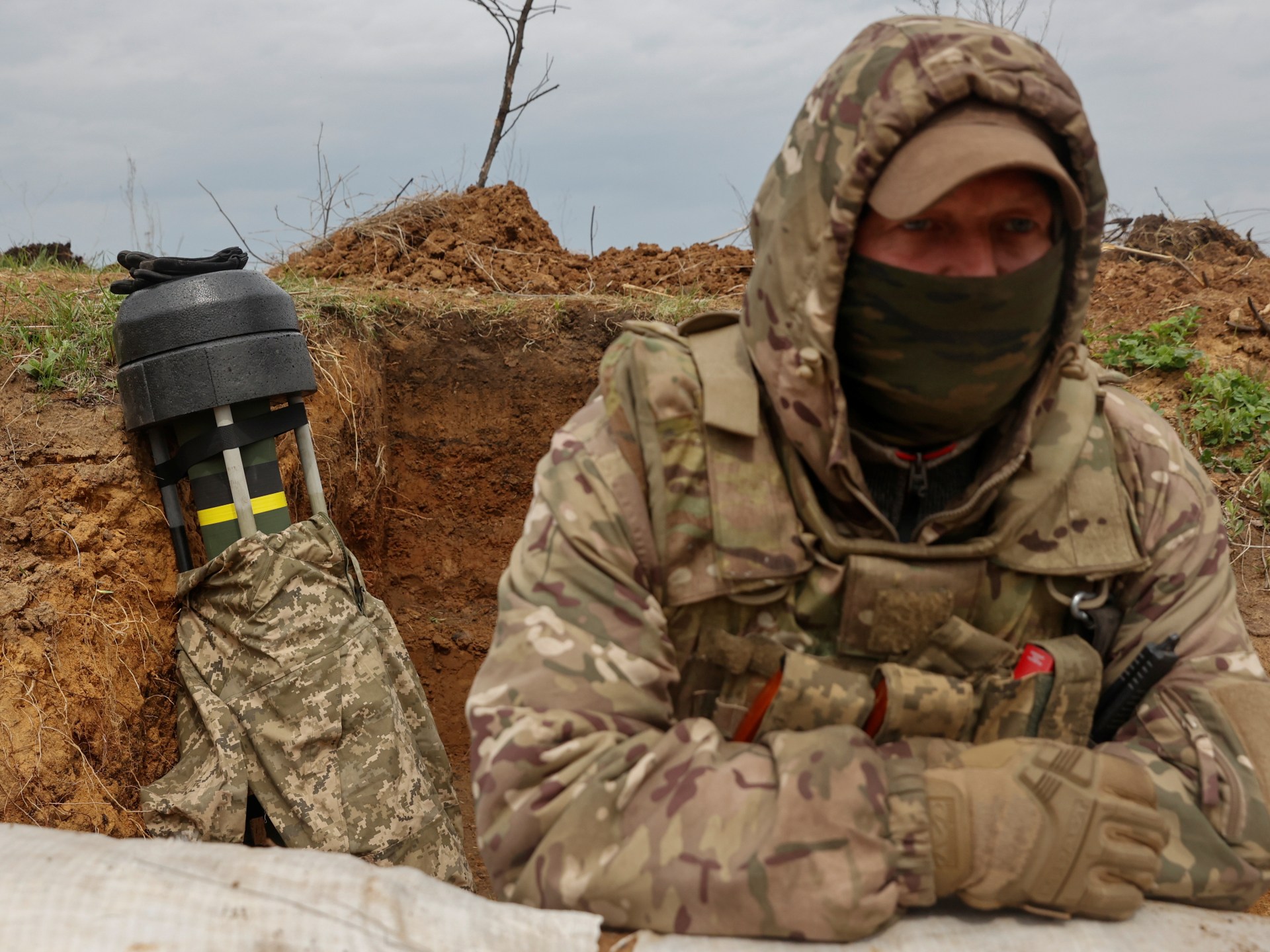With monkeypox, the world must heed the lessons of HIV/AIDS | Health
Since new outbreaks of monkeypox started making headlines across the world, we have been receiving text messages non-stop. “If I get monkeypox, will everyone know I am gay?” asked one friend in the Gulf. Another who works for an NGO in Lebanon was unsure whether to even share news about the disease, for fear of adding to the already intense stigma experienced by gay people across the country. We applaud the recent statement by UNAIDS denouncing the “racist” and “homophobic” coverage of monkeypox, but much more is needed as a lot is at stake here.
Let’s be clear upfront: monkeypox is very different from HIV/AIDS. But as headlines link the disease to outbreaks among men who have sex with men, the lessons we learned 40 years ago about stigma and infectious diseases have come roaring back to prominence.
As monkeypox moves towards the top of the international news agenda, the world has a small window of time to get it right, and prevent the same mistakes that fuelled HIV/AIDS-related panic, fear and discrimination for over four decades.
So far, we are in danger of failing the test. Unlike 40 years ago, thanks to social media, and 24-hour news coverage, any news about monkeypox travels across the world in the blink of an eye. And for now, news reports on the infectious disease are suggesting a unique association between monkeypox and sexuality, specifically an association between the virus and gay men or men who have sex with men.
Yet there is nothing about the way this viral disease is transmitted that is actually unique to gay men or men who have sex with men. Monkeypox is transmitted through large respiratory droplets via prolonged face-to-face contact, contact with bodily fluids, or contaminated objects or surfaces. These transmissions can occur between any two people – regardless of sexual orientation or gender identity or any other identity.
Media coverage that clouds these simple facts is a threat to everyone. Such coverage causes men who have sex with men to face even more stigma while creating the false impression that everyone else is somehow immune or not at risk. It’s a recipe for disaster.
We have seen all this 40 years ago. Back then, early media reports linking a new infectious disease to gay men raised alarms and fed panic. Soon the disease was given a name rooted in that panic: GRID, or gay-related immune deficiency.
Overlooked were the data and science showing that, while identities may put certain communities at higher risk, it does not mean that the virus infects these communities specifically. In fact, we learned from HIV that the answer is tied closely to conditions in which people are born, grow, live, work and age – such as their financial status, education, neighbourhood and physical environment, employment, and social support (aka social determinants of health) rather than sexual or gender identities.
Today, we must learn that lesson quickly and ensure that the conversation focuses on a public health approach to critically synthesise social determinants of health that allow marginalised communities to be at higher risk for the spread of such viruses. To avoid repeating the mistakes of the past, we must take a step back and consider a few important questions.
Does it help in any way to put a label on this disease at this stage? In other words, does associating it with gay men or men who have sex with men offer any help in curbing the spread of this disease? Based on what we know about the way this disease is spread, it seems very unlikely. In fact, if we learned one thing from HIV/AIDS, it’s that infectious diseases – even if they are sexually transmitted – never stay confined to one group of people and eventually spread throughout the whole society. The lesson is clear: it is counterproductive to segregate people into sexual orientation silos in our approach to these diseases. Because in reality, sexual orientation and behaviour are fluid, and change over time. Further, stigma leads to people avoiding healthcare services all together and in fact exacerbates the problem.
Does it stigmatise gay men and men who have sex with men if we make a connection between this disease and them? Yes, it does. Even in Western countries, gay men and men who have sex with men continue to face discrimination and poorer health outcomes compared with their heterosexual counterparts. Associating a new deadly disease with these groups will push them further behind.
More importantly, in countries where homosexuality is criminalised, making the connection between monkeypox and homosexuality can mean humiliation, imprisonment and even death. In some cases, this association can be used as a way of “outing” people (irrespective of whether it is true). In countries where homosexuality is still criminalised, such an outing can be a death sentence.
So what should we do?
First, it is essential that we proceed with extreme caution as we learn more about this disease and as we fight it together. Labels and judgements have no place in healthcare and should not be what is leading this conversation. What is needed at this point is to focus on the facts and the science: with clear messages about the symptoms, transmission, prevention and treatment.
Second, we should ensure that resources, not stigma, are directed to communities that are on the front lines of the disease. Marginalised groups such as gay men or men who have sex with men are more prone to adverse health outcomes because of social disadvantages, continued victimisation, and discrimination. More resources will help level the playing field, so these communities can stop the spread. This includes fact-based public health campaigns along with ample testing programmes when there is confirmed exposure of the presence of symptoms.
Third, Western countries and the World Health Organization (WHO) have a responsibility to ensure that their messaging takes into account the safety and security of LGBTQ people all over the world, especially in places where they are the least safe. The media landscape is very different from 40 years ago, with information instantly travelling across the globe, and information that seems benign in the West can be very damaging in certain parts of the world.
Finally, interventions that further stigmatise communities – such as closing gay saunas or cancelling gay events – must be condemned. These will not solve the issue; instead, they will feed hate and lose time while the virus is transmitted in other spaces. Following the evidence and learning from our experiences is the only way forward. Believing that we can learn from our most recent pandemic and transferring what we know to dealing with monkeypox is key. We are all tired and traumatised for the last couple of years, we need to use the public health measures that have worked and proceed with caution.
As monkeypox continues to rise on the news agenda, the world is watching. We still have a chance to get it right. By proceeding with caution, and focusing on data and science, we can make sure that we fight the disease, not the people.
The views expressed in this article are the authors’ own and do not necessarily reflect Al Jazeera’s editorial stance.





Pingback: More about the author